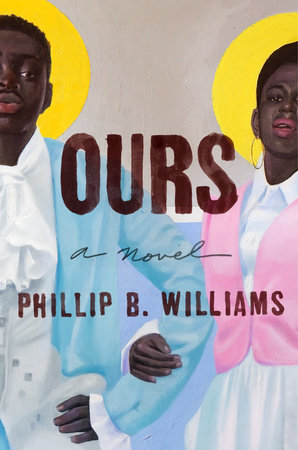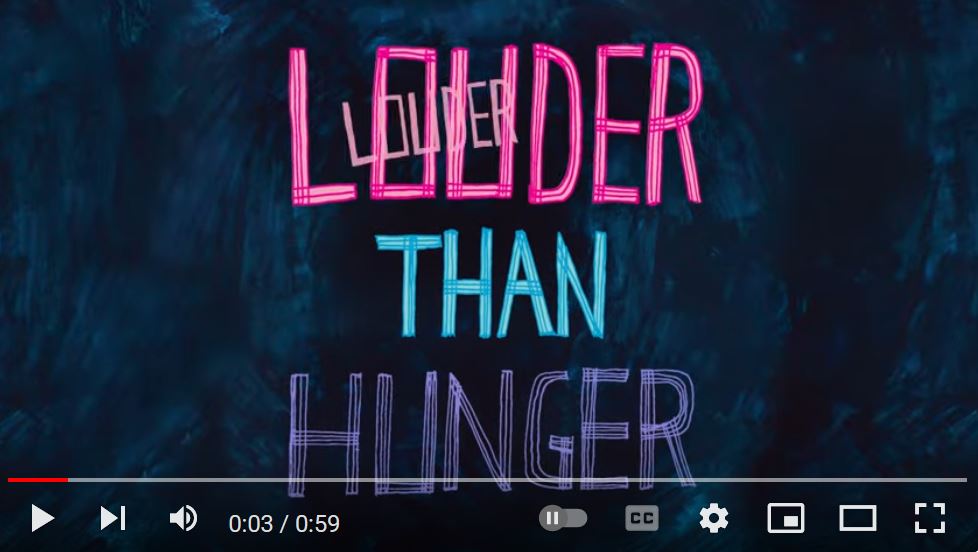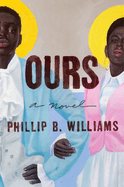 Esteemed poet Phillip B. Williams (Thief in the Interior; Mutiny) offers a vast and rapturous feat of fabulism in his first novel, Ours. This is a 19th-century historical epic created with both a vivacious enthusiasm for folkloric traditions and a deep contemplation of what it means to be freed from the violent machine of slavery in the U.S.
Esteemed poet Phillip B. Williams (Thief in the Interior; Mutiny) offers a vast and rapturous feat of fabulism in his first novel, Ours. This is a 19th-century historical epic created with both a vivacious enthusiasm for folkloric traditions and a deep contemplation of what it means to be freed from the violent machine of slavery in the U.S.
Adopting the cadence of an oral historian, the narrator unlocks the robust enchantments that surround and protect a town called Ours, where freed men and women could build lives insulated from white supremacy. Ours springs from the audacity of a mysterious woman called Saint, who aims to "kill" slavery outright. After claiming a plot of land in Missouri, she raids Southern plantations, ushering the owners unto death while giving safe passage to Ours for "the newly freed." Through bewitched stone carvings, she makes this town inaccessible to the outside world.
"Freedom didn't mean safety," however. "And if there's anything more shockingly unpredictable than freedom, it's love." This idea is the truly marvelous fulcrum around which Ours pivots. As the novel sprawls across time, with the narrative occasionally bending back onto itself through a dreamy sort of chronology, the newly liberated face the dilemma of fashioning freedom from scratch, as best they can, on their own or with each other.
Moreover, their children must contend with the flawed examples of freedom laid out by the older generation. "How we supposed to learn from them when they never been free long enough to tell us how to do it?" the young man Luther-Philip asks his friend, confidant, and lover, Justice, who replies: "No right way to be free. That's why it's called free. You make all the right and wrong with it as you want. Just be mindful how much of each."
Williams has a voice that soars across each page, breathing life into his dazzling array of characters--the lovers and the malcontents, the queer and the mystical, the brazen and the cautious. While the novel coalesces around Saint and those most affected by her charms, as well as her treacheries, the bond between Luther-Philip and Justice gives one illustration for how expansive the author's ambitions are in crafting a mythos that is as generous as it is uncanny.
"Luther-Philip wanted freedom, so offered freedom in return. Justice wanted loyalty, so offered his entire self to another. But they were unevolved in love, so with clumsy steps they toed the thin line between generosity and selfishness, selfishness and resentfulness."
At an incredible 600 pages long, Ours is nevertheless a novel worth savoring. --Dave Wheeler, senior editor, Shelf Awareness
Shelf Talker: In a rapturous and dazzling historical epic, poet Phillip B. Williams contemplates the vast dilemma of a freedom conjured out of thin air.
 Bookhound Haven, a bookshop featuring mystery, thriller, romance, fantasy, and romantasy titles, opened late last year at 320 W. Broad Street in Texarkana, Tex. The Gazette reported that for co-owner Sierra Metz, a kindergarten teacher for the Texarkana Independent School District, this has been her dream for a long time.
Bookhound Haven, a bookshop featuring mystery, thriller, romance, fantasy, and romantasy titles, opened late last year at 320 W. Broad Street in Texarkana, Tex. The Gazette reported that for co-owner Sierra Metz, a kindergarten teacher for the Texarkana Independent School District, this has been her dream for a long time.











 Interabang Books
Interabang Books Louder Than Hunger
Louder Than Hunger Esteemed poet Phillip B. Williams (Thief in the Interior; Mutiny) offers a vast and rapturous feat of fabulism in his first novel, Ours. This is a 19th-century historical epic created with both a vivacious enthusiasm for folkloric traditions and a deep contemplation of what it means to be freed from the violent machine of slavery in the U.S.
Esteemed poet Phillip B. Williams (Thief in the Interior; Mutiny) offers a vast and rapturous feat of fabulism in his first novel, Ours. This is a 19th-century historical epic created with both a vivacious enthusiasm for folkloric traditions and a deep contemplation of what it means to be freed from the violent machine of slavery in the U.S.